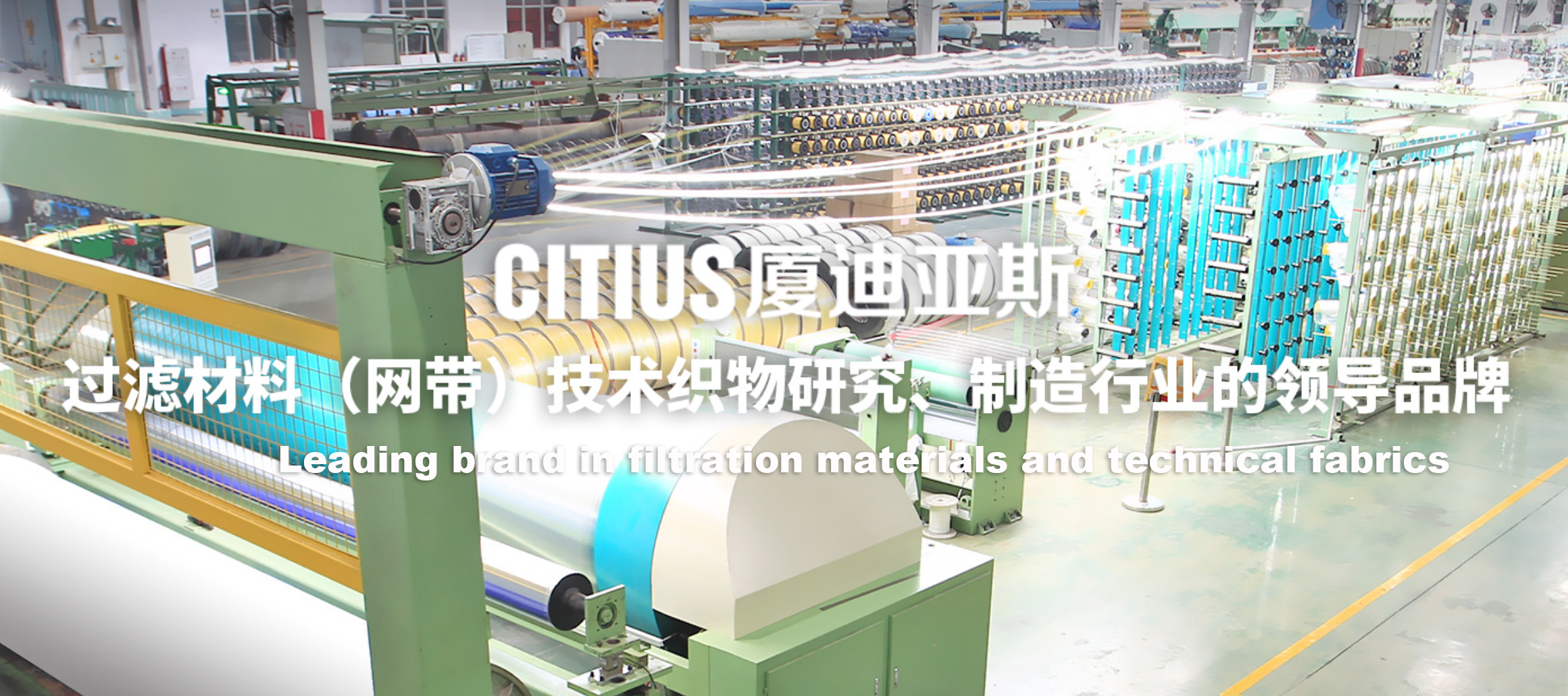





Filter press cloth - plate and frame filter press - treating domestic sewage
Share to
Detailed Description
Filter Cloth for Filter Press - Plate and Frame Filter Press - Treatment of Domestic Sewage
Filter Type: Plate and Frame Filter Press
Application Industry: Domestic Sewage
Description of Treated Material: Sewage Treatment
Filter Cloth Model Used: 2016
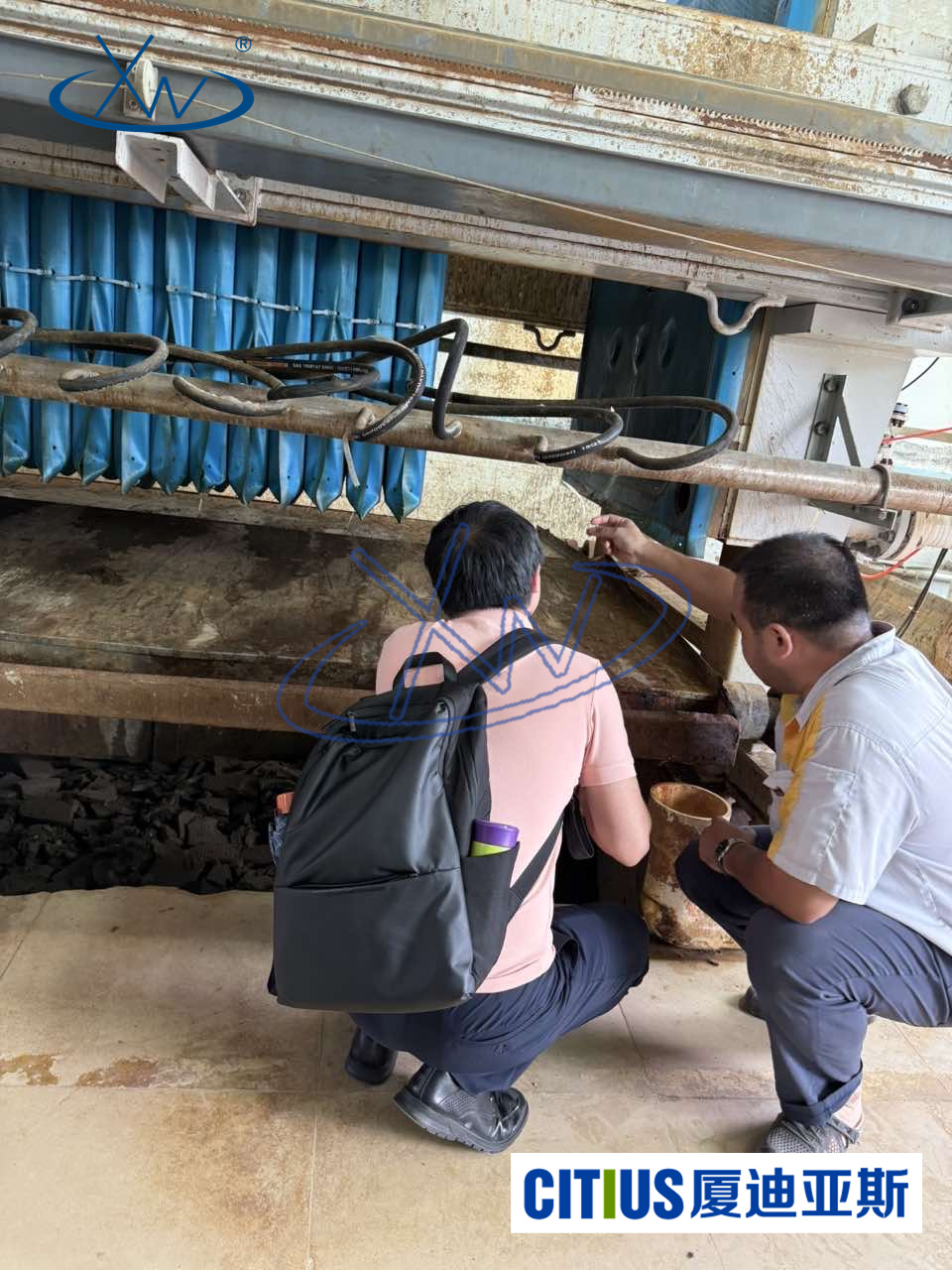
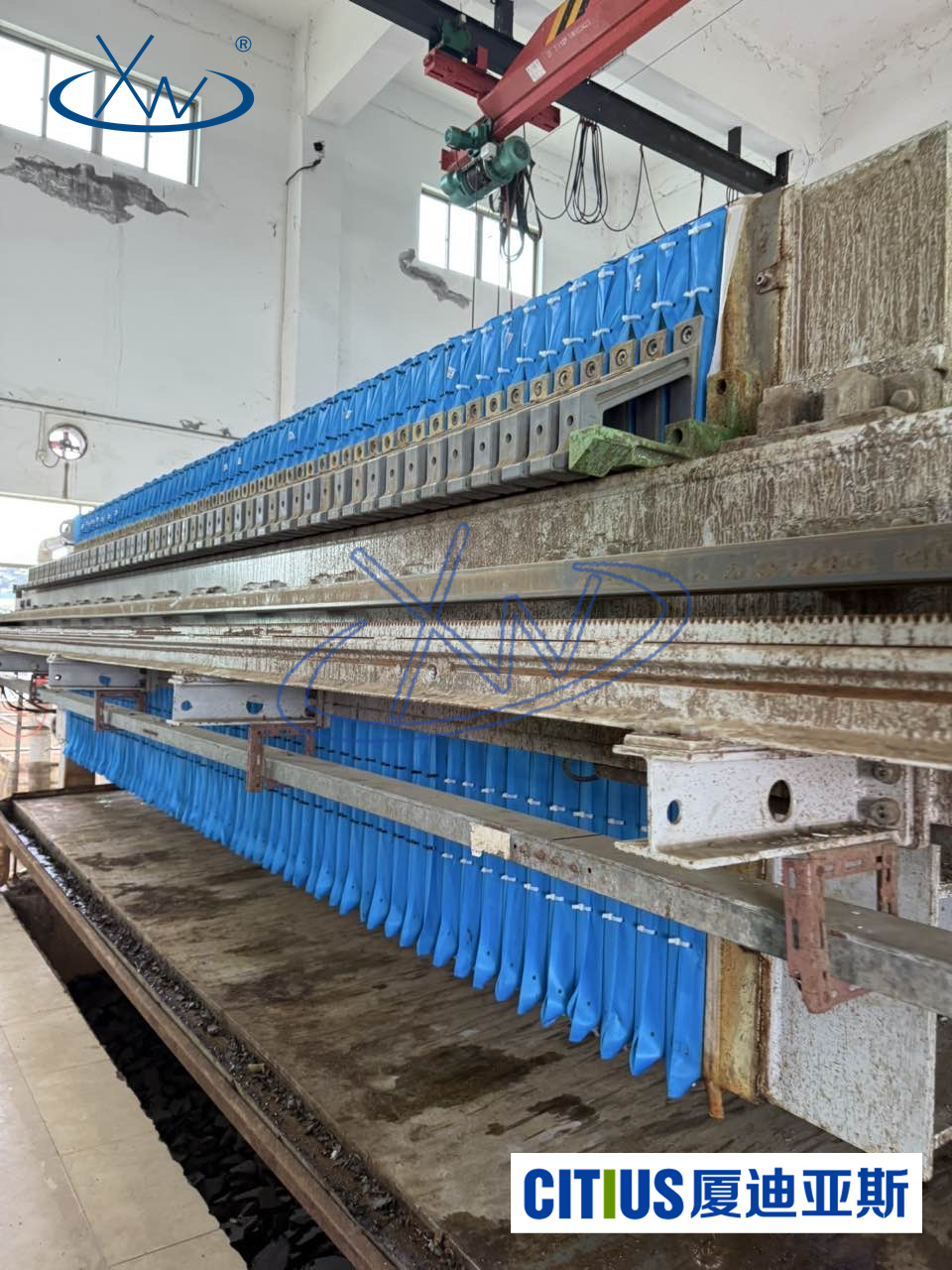
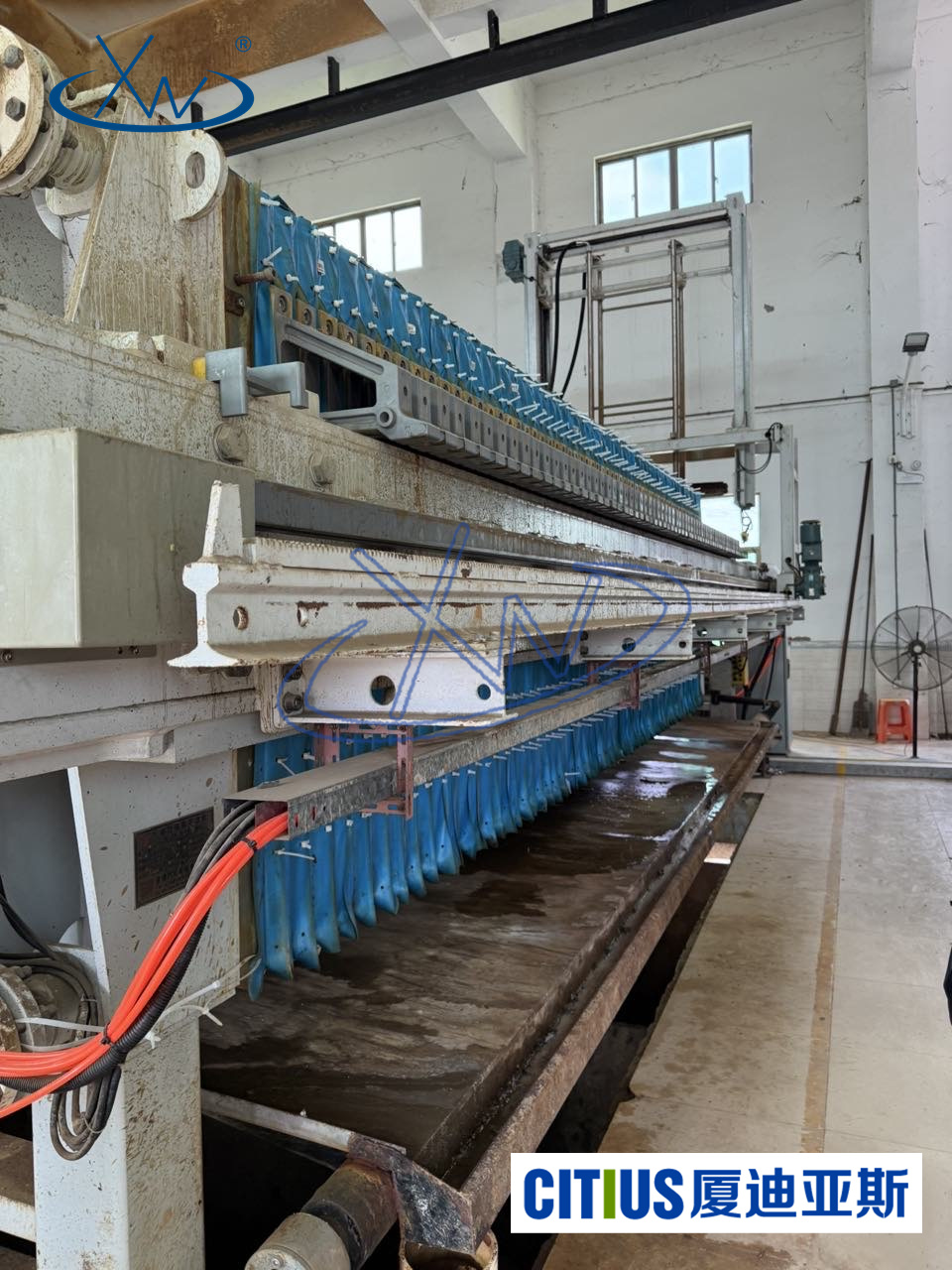
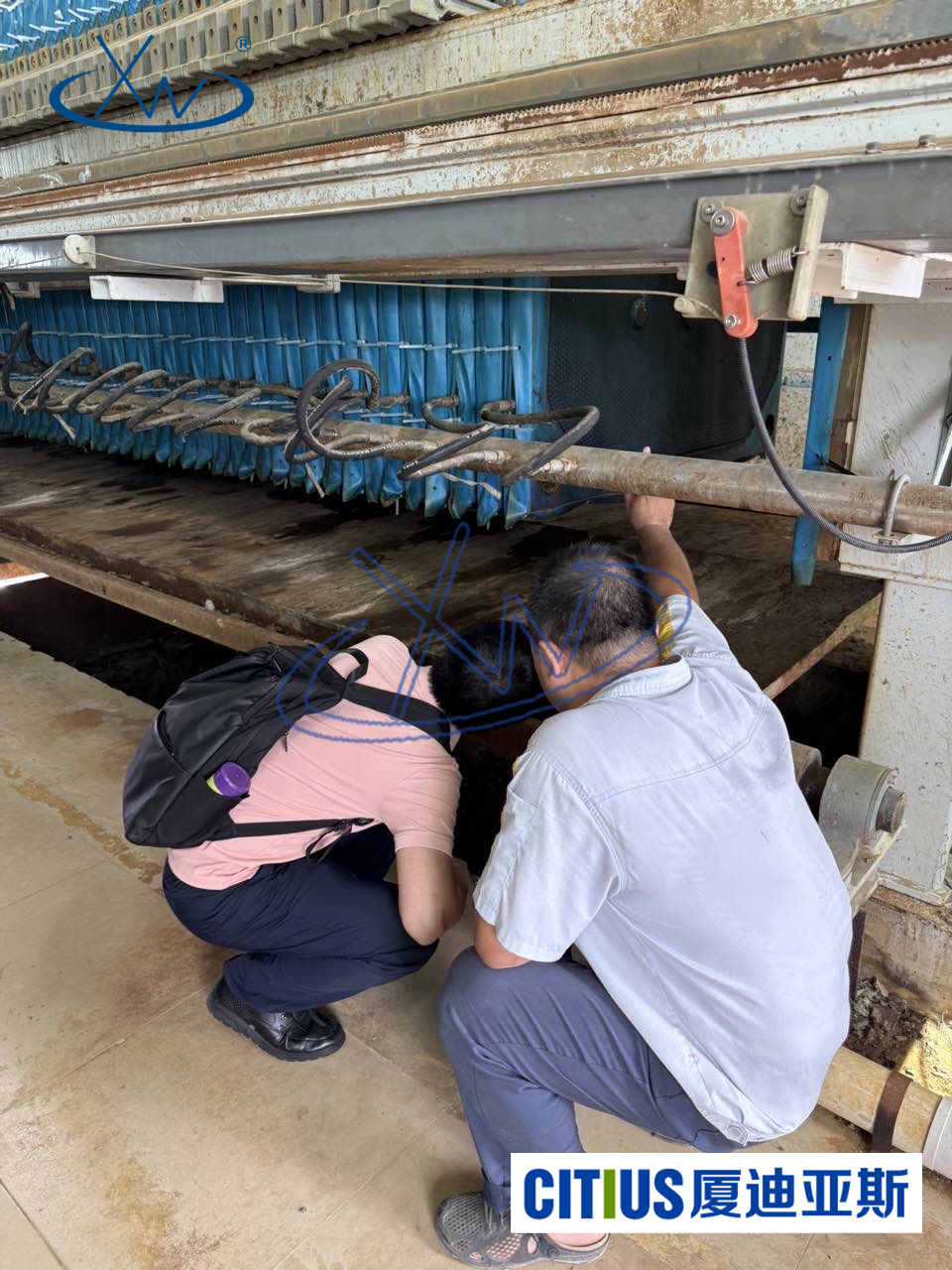
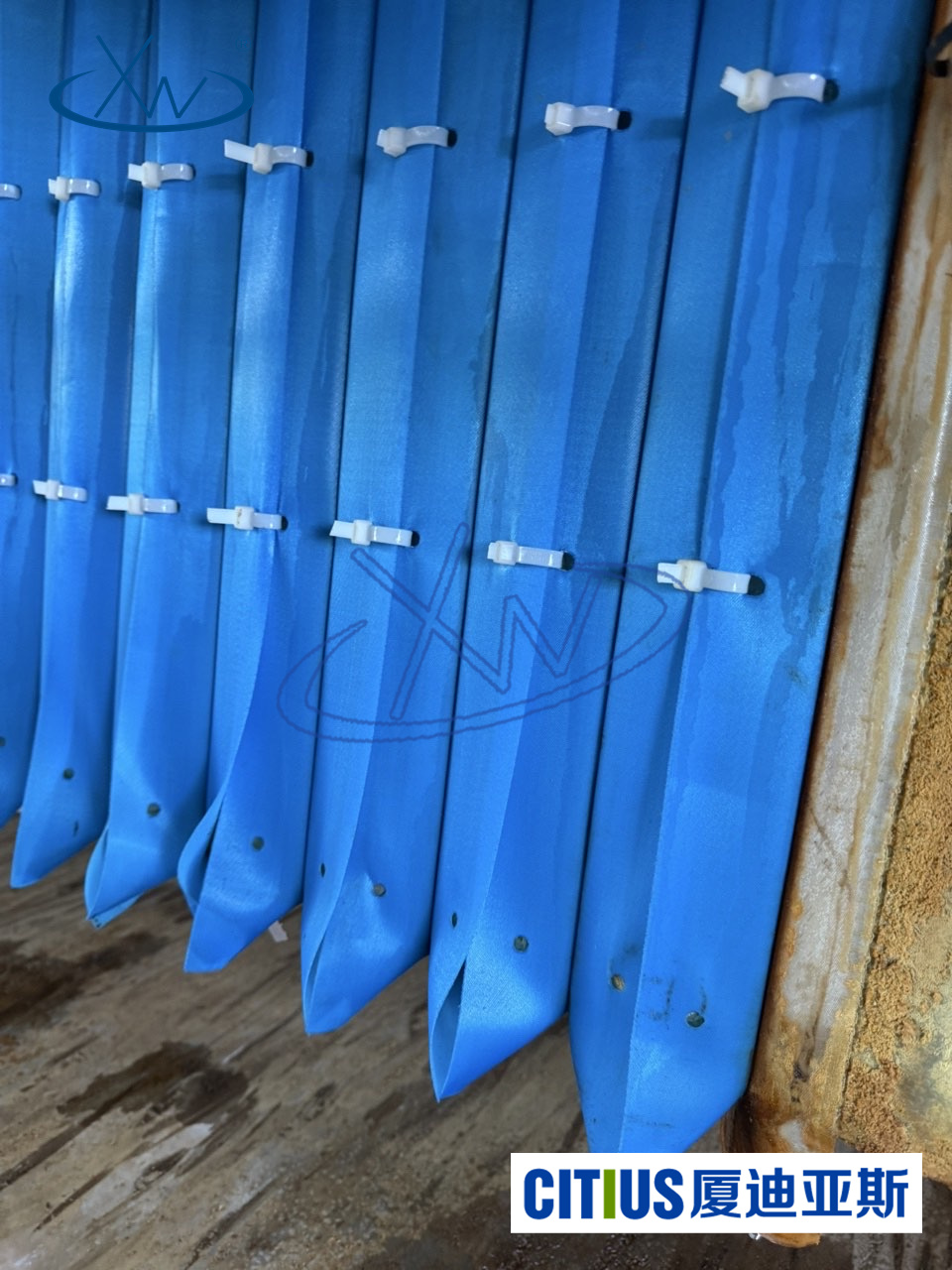
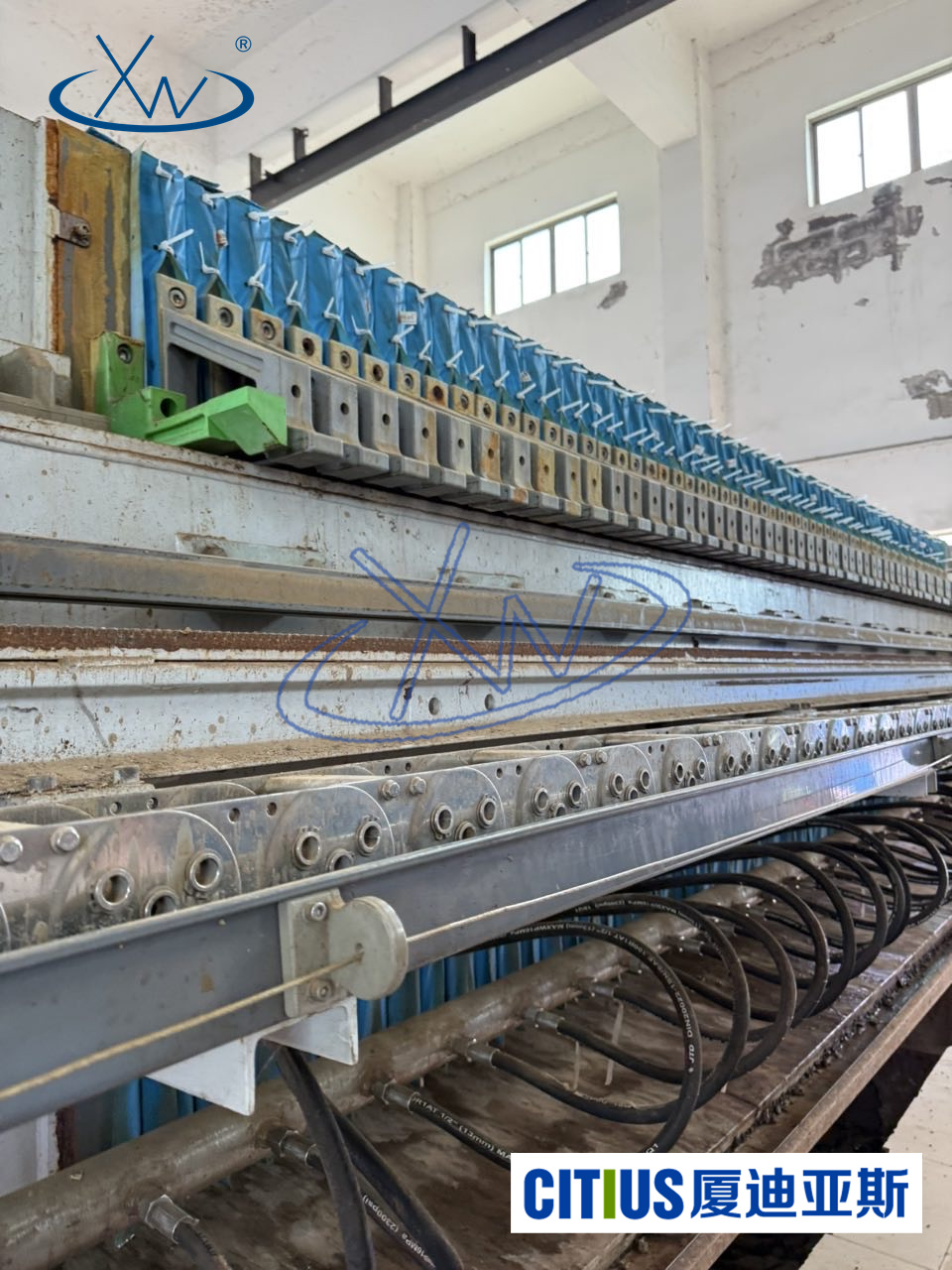
Application of Solid-Liquid Separation in Domestic Sewage Treatment: Industrial Filter Cloth and Filter Press Solutions
With the acceleration of urbanization, the pressure on domestic sewage treatment continues to increase. Sewage contains a large amount of suspended solids, colloids, and organic matter. If not treated timely and efficiently, it will cause serious impacts on the environment and public health. In the entire sewage treatment process, solid-liquid separation is a fundamental step and also a key process to achieve sludge volume reduction and resource recovery. This article will analyze the application of solid-liquid separation in domestic sewage treatment from the perspectives of industrial filter cloth, filter press, and plate and frame filter press, and discuss the role of efficient filter cloth in improving treatment efficiency and economy.
1. Solid-Liquid Separation Requirements in Domestic Sewage Treatment
Domestic sewage mainly originates from residential life and small commercial activities, with typical characteristics including:
- High concentration of organic matter in water quality, rich suspended particles;
- High moisture content in sludge, direct discharge or landfill occupies a large amount of land resources;
- Water quality fluctuates greatly, and treatment difficulty varies with seasons and regions.
In traditional treatment processes, sedimentation tanks and regulation tanks can preliminarily remove some suspended solids, but their ability to treat fine particles, colloids, and high-moisture sludge is limited. Therefore, the introduction of high-efficiency solid-liquid separation equipment such as filter presses and plate and frame filter presses has become an important means for modern sewage treatment plants to improve sludge dewatering efficiency and reduce sludge treatment costs.
2. The Role of Industrial Filter Cloth in Solid-Liquid Separation
Industrial filter cloth is a core component of solid-liquid separation equipment, directly affecting dewatering efficiency, filtrate clarity, and equipment operation stability. For domestic sewage treatment, the design of filter cloth needs to consider the following aspects:
- High retention efficiency : The pore size and weaving method of the filter cloth determine its ability to retain suspended particles and colloidal substances. Proper pore size design can significantly reduce filtrate turbidity and improve treatment effects.
- Chemical corrosion resistance : Sludge often contains organic acids, alkaline substances, and trace chemicals, so the filter cloth material must have excellent acid and alkali resistance.
- Wear resistance and mechanical strength : During the high-speed operation of filter presses or plate and frame filter presses, the filter cloth must withstand long-term friction and compression, possessing good tensile strength and wear resistance to ensure long-term use without easy damage.
- Easy cleaning and maintenance : Efficient filter cloth should be easy to clean and replace, reducing equipment downtime and maintenance costs.
Currently, commonly used industrial filter cloth materials on the market include polyester, polypropylene, polyamide, and imported high-performance composite filter cloth. These materials undergo special processing to not only improve wear resistance and chemical corrosion resistance but also maintain efficient and stable solid-liquid separation performance under different treatment conditions.
3. Application of Filter Press in Domestic Sewage Treatment
Filter press is one of the most commonly used solid-liquid separation devices in domestic sewage treatment plants. Its working principle is to use high pressure to squeeze water out of the sludge, retaining solid particles through the filter cloth to form transportable dry sludge cakes. The main features of filter presses include:
- High dewatering efficiency : By reasonable plate pressure and filter cloth selection, the moisture content of sludge can be reduced from 80%-90% to 50% below, significantly reducing sludge volume.
- Automated operation : Modern filter presses are equipped with electrical control systems that can achieve fully automatic feeding, pressing, sludge discharge, and filter cloth cleaning, reducing labor costs.
- Strong adaptability : Filter presses can be custom-designed for different water qualities and sludge properties to meet the needs of various domestic sewage treatment plants.
In practical applications, filter presses are often paired with filter cloths of different materials, pore sizes, and weaving methods to optimize dewatering effects according to sludge properties. For example, for urban sludge with high moisture content, high-permeability and wear-resistant composite filter cloth can be used to improve dewatering speed and filtrate clarity.
4. Advantages of Plate and Frame Filter Press in Solid-Liquid Separation
Similar to filter presses, plate and frame filter presses are classic solid-liquid separation devices commonly used for treating medium-scale domestic sewage or specific high-moisture sludge. Their features include:
- Simple structure : Composed of filter plates, filter frames, and filter cloth, operation and maintenance are relatively convenient.
- Uniform treatment : Filtrate flows evenly through the filter cloth, and solid particle retention is stable.
- Cost controllable : Equipment investment is relatively low, filter cloth has a long service life, suitable for small and medium-sized sewage treatment plants.
- Adaptable to different conditions : By adjusting filter plate pressure and filter cloth selection, it can flexibly cope with different sludge concentrations and water quality fluctuations.
Plate and frame filter presses are usually used in conjunction with filter presses to form a multi-stage dewatering process. Plate and frame filter presses are used in the initial dewatering stage to reduce sludge volume, followed by high-efficiency filter presses for deep dewatering, optimizing the entire treatment process.
5. Industrial Filter Cloth Customization and Technological Innovation
With the increasing demand for solid-liquid separation, traditional standard filter cloths can no longer meet all operational requirements. Industrial filter cloth's customized design has become the key to improving processing efficiency. The main innovations include:
- Composite Filter Cloth Technology : Combining multiple layers of materials to balance high retention capacity and high air permeability.
- Surface Treatment Technology : The filter cloth surface is treated for anti-adhesion and anti-fouling to reduce filter cake adhesion and decrease cleaning frequency.
- High-Pressure Resistant Filter Cloth : Designed for high-pressure filter presses, enhancing mechanical strength and pressure resistance to extend service life.
Companies such as Xiamen Xiadias have decades of R&D experience in the industrial filter cloth field and can provide customized solutions based on customer sludge characteristics, treatment volume, and operating conditions, ensuring a high match between filter cloth and filter press or plate and frame filter press to achieve efficient, economical, and stable solid-liquid separation.
6. Trends in Solid-Liquid Separation Technology
- Intelligent and Automated : Modern solid-liquid separation equipment is gradually achieving intelligent control, including automatic filter cloth cleaning, real-time monitoring of dewatering parameters, and fault warning, improving operational efficiency and reliability.
- Green and Environmentally Friendly : By improving dewatering efficiency, reducing sludge volume and energy consumption, sustainable development of domestic sewage treatment is realized.
- High-Precision Separation : Nano-level solid-liquid separation technology is gradually applied to high-demand conditions, with more precise control of filter cloth pore size and higher filtrate quality.
- Material Innovation : New high-performance filter cloth materials are continuously introduced, such as acid and alkali resistant composite materials and ultra-wear-resistant materials, providing longer life and lower maintenance cost solutions for wastewater treatment.
7. Case Study
Taking a municipal domestic sewage treatment plant as an example, using a combination process of filter press + and plate and frame filter press with customized polyester composite filter cloth:
- Sludge treatment volume: approximately daily 100 tons;
- Dewatering effect: moisture content reduced from 85% to 45%;
- Filtrate turbidity: reduced to below 50 NTU ;
- Operation and maintenance: filter cloth service life exceeds 1 years, reducing replacement frequency and maintenance costs.
This case shows that selecting appropriate industrial filter cloth and solid-liquid separation equipment can significantly improve the operational efficiency of domestic sewage treatment plants, reduce sludge treatment costs, and improve filtrate quality to meet discharge standards.
8. Conclusion
The solid-liquid separation challenges faced by domestic sewage treatment require reliance on efficient industrial filter cloths, filter presses, and plate and frame filter presses. Through customized filter cloth design, intelligent equipment control, and optimized process layout, sludge dewatering efficiency and filtrate clarity are significantly improved, while treatment costs and operational difficulties are effectively reduced. Companies like Xiamen Xiadias, through long-term accumulated technology and experience, provide complete solid-liquid separation solutions for domestic sewage treatment plants, promoting urban sewage treatment towards efficiency, economy, and sustainability.
Solid-liquid separation is not only a technical issue but also an important part of environmental protection and resource management. In the future, with continuous advances in material technology, intelligent control, and process optimization, domestic sewage treatment will become more efficient and greener, providing solid support for urban environmental protection and resource recycling.
